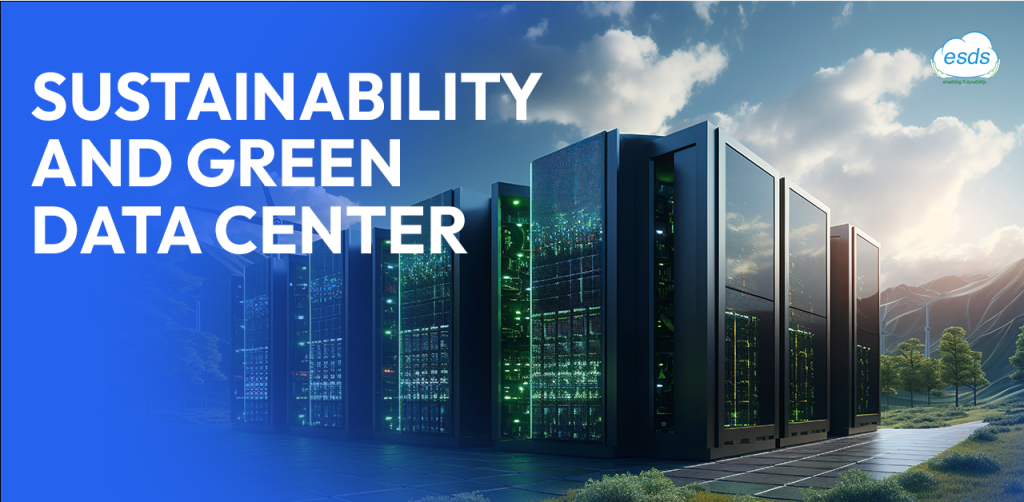
Green Data Centers: The Future of Cloud Computing
- 0
In today’s digital age, cloud computing has become an essential part of our everyday lives. From storing important documents to streaming our favorite TV shows, the cloud has revolutionized the way we interact with technology. However, with the increasing demand for cloud services, data centers have become significant energy consumers, resulting in a high carbon footprint.
The Environmental Impact of Data Centers
Data centers are facilities that house computer systems and other crucial IT components to store, process, and manage data. These centers consume a massive amount of electricity to keep servers running 24/7, which leads to a significant environmental impact. According to a report by the U.S. Department of Energy, data centers accounted for 2% of global greenhouse gas emissions in 2010, and this number is expected to rise exponentially with the growing demand for cloud services.
Introducing Green Data Centers
Green data centers are the solution to reducing the environmental impact of traditional data centers. These eco-friendly facilities are designed to minimize energy consumption and maximize efficiency. By incorporating sustainable practices such as using renewable energy sources, optimizing cooling systems, and implementing virtualization technology, green data centers are paving the way for a more sustainable future.
Renewable Energy
One of the key aspects of green data centers is the use of renewable energy sources such as solar, wind, and hydropower. By harnessing the power of nature, these facilities can significantly reduce their carbon footprint and contribute to a cleaner environment. Many tech giants like Google and Apple have already committed to using 100% renewable energy for their data centers, setting a positive example for the industry.
Optimized Cooling Systems
Cooling systems are essential for maintaining the optimal temperature in data centers to prevent overheating of servers. However, traditional cooling systems often consume a large amount of electricity. Green data centers utilize advanced cooling technologies such as hot aisle containment and liquid cooling to maximize efficiency and reduce energy consumption. By implementing these practices, data centers can significantly reduce their environmental impact without compromising performance.
Virtualization Technology
Virtualization technology allows multiple virtual servers to run on a single physical server, leading to higher efficiency and reduced energy consumption. By consolidating servers and optimizing resource utilization, green data centers can minimize their carbon footprint while maximizing performance. This technology is a game-changer for the industry and has become a standard practice for many eco-friendly data centers.
The Benefits of Green Data Centers
Green data centers offer a wide range of benefits, not only for the environment but also for businesses and consumers. Some of the key advantages include:
Reduced energy consumption and operating costs
Improved reliability and performance
Enhanced corporate sustainability and reputation
Compliance with environmental regulations
A positive impact on the planet and future generations
The Future of Cloud Computing
As the demand for cloud services continues to grow, green data centers will play a crucial role in shaping the future of cloud computing. By adopting sustainable practices and innovative technologies, data centers can reduce their environmental impact and contribute to a more sustainable digital ecosystem. It is essential for businesses and consumers to support green initiatives and choose eco-friendly cloud services to create a brighter and greener future for generations to come.
Green data centers are not just a trend but a necessity in today’s world. By investing in sustainable practices and technologies, we can create a more sustainable and environmentally friendly cloud computing landscape for future generations.
Let’s embrace the future of green data centers and pave the way for a more sustainable digital future.

